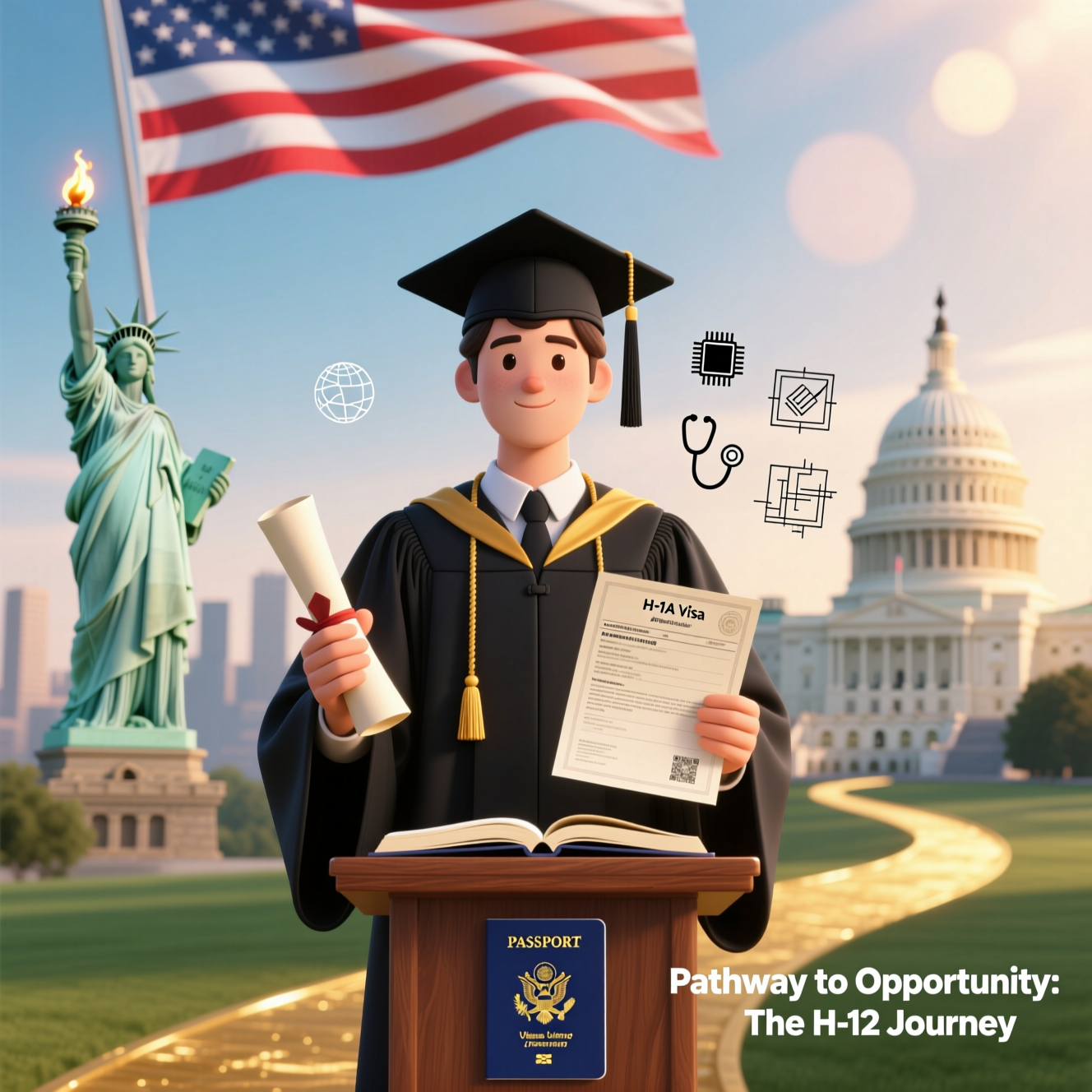For decades, the H-1B visa has been the primary pathway for international students in the United States to transition from academics to professional careers. But in a surprising move, the U.S. government has increased the H-1B visa sponsorship fee to $100,000 USD. This new policy is expected to reshape how companies hire international talent and how students plan their education and career goals in the USA.
What Changed in 2025?
Until now, the cost of applying for an H-1B visa ranged from $8,000 to $15,000 depending on filing categories and legal fees. As of September 21, 2025, employers must now pay $100,000 every year for each H-1B worker they sponsor.
This fee is not a one-time application charge — it applies annually throughout the visa’s validity. In simple terms, hiring a single H-1B worker for three years will cost a company $300,000 just in visa fees.
Why Did the Fee Increase?
The U.S. administration announced this policy to:
- Reduce dependency on foreign workers.
- Encourage companies to prioritize domestic hiring.
- Control the surge of H-1B applications filed each year.
- Generate additional funds for immigration and labor reforms.
While the government sees this as a way to balance the labor market, international students worry about its long-term impact.
The Impact on Students Studying in USA
For international students, particularly from India, China, and other Asian countries, this change brings new challenges:
- Employer Reluctance: Startups and smaller companies may hesitate to hire international graduates due to high costs.
- Increased Competition: Only top-performing students with in-demand skills may secure sponsorships from large corporations.
- Field-Specific Advantage: Students in STEM, healthcare, and AI fields will still find demand, as employers see their value despite higher costs.
- More Pressure During OPT: With limited time under OPT (1–3 years), students must secure sponsorship quickly in a competitive environment.
Are There Any Exemptions?
Not all employers will need to pay the $100,000 fee. Exemptions apply to:
- Healthcare providers and critical service employers.
- Universities and non-profit research institutions.
- Some government-linked organizations.
This means students working in medical research, teaching, or healthcare services may still have sponsorship opportunities without the fee burden.
Alternatives Beyond H-1B
Students concerned about this change still have options:
- OPT & STEM OPT Extensions: Work in the U.S. for up to 3 years after graduation.
- O-1 Visa: For individuals with extraordinary achievements.
- L-1 Visa: If hired by multinational companies with offices in the U.S.
- Direct Green Card Sponsorship: In rare cases, employers may sponsor highly skilled workers directly for permanent residency.
What Should Students Do Now?
If you’re planning to study in USA, here’s how to prepare under the new H-1B environment:
- Choose High-Demand Fields: STEM, healthcare, and AI continue to attract sponsorships.
- Target Large Employers: Fortune 500 and multinational firms are more capable of absorbing $100,000 fees.
- Plan for Alternatives: Understand backup visa routes in case H-1B sponsorship is not possible.
- Stay Updated: Immigration policies shift quickly — working with trusted advisors is essential.
Conclusion
The $100,000 H-1B visa fee is one of the most dramatic immigration changes in U.S. history. For international students, it means greater competition but not the end of opportunities. Studying in USA continues to offer world-class education and career pathways — but students must now prepare more strategically, select the right programs, and build strong industry connections to stand out.
Call to Action: Planning to study in USA? Get expert guidance on universities, career pathways, and the latest visa updates to secure your future.

